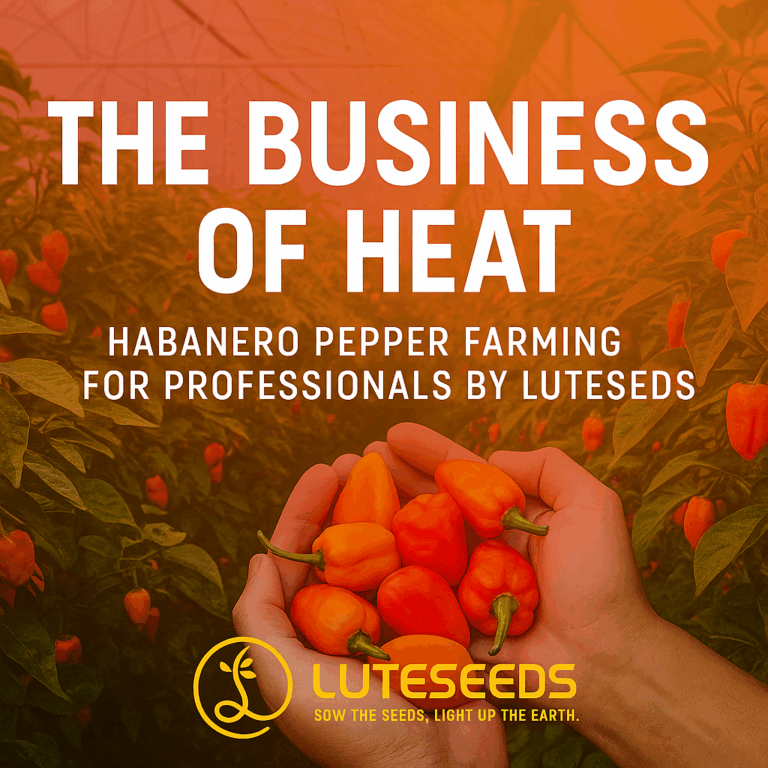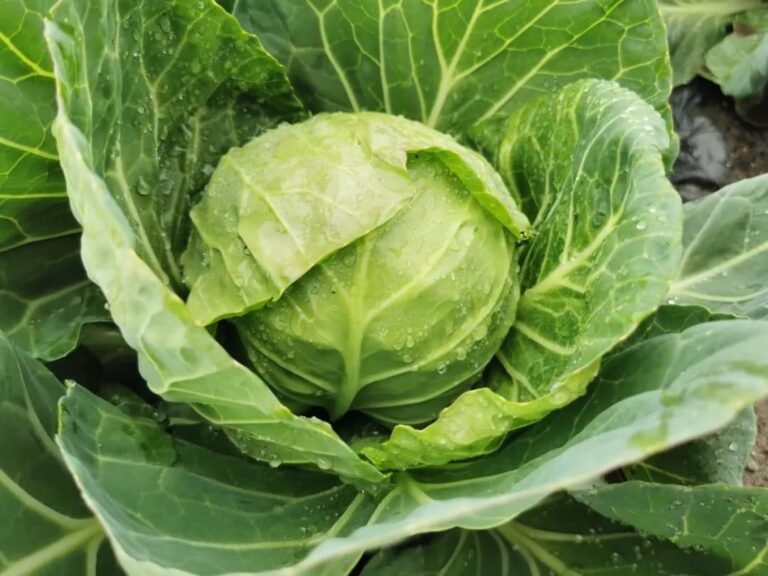Introduction from china seeds supplier
When it comes to agriculture, choosing the right seeds is one of the most critical decisions a grower can make. Among the most common choices are hybrid seeds and open-pollinated (OP) seeds. Each seed type has its own unique benefits and challenges, and understanding these differences can significantly impact your crop yield, profitability, and sustainability.
This comprehensive guide explores the key differences, advantages, and disadvantages of hybrid and OP seeds. Whether you’re a commercial farmer, a home gardener, or a seed distributor, this guide will help you make informed, smart decisions for your planting season.
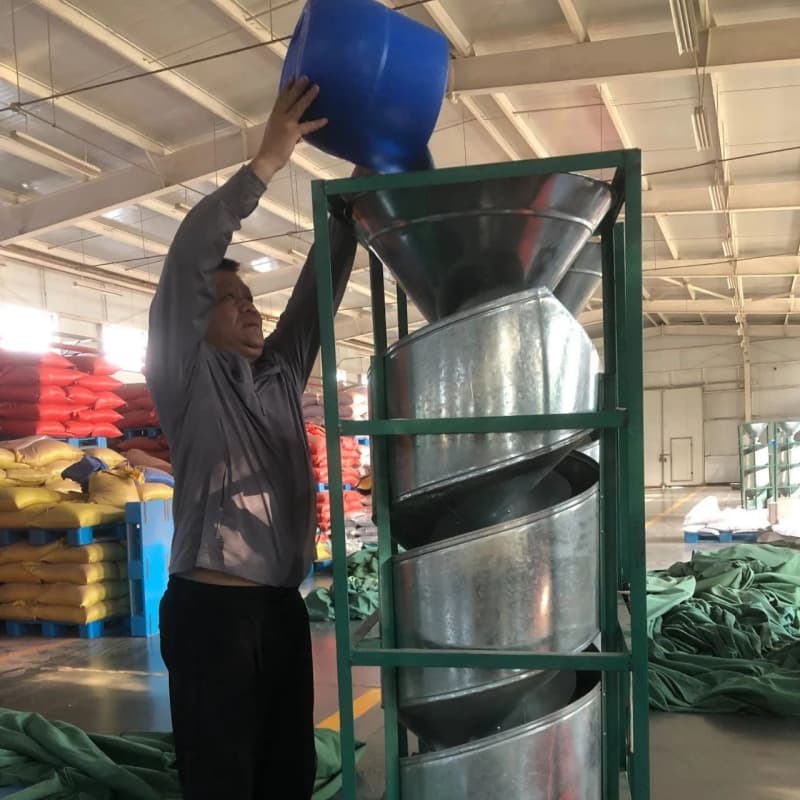
What Are Hybrid Seeds?
Hybrid seeds are produced by cross-pollinating two different parent plants that have desirable traits. The first generation of this cross (known as F1 hybrids) tends to show improved vigor, better uniformity, and higher yields compared to their parent varieties.
How Hybrid Seeds Are Made:
- Controlled pollination of two specific parent plants
- Selection based on traits like disease resistance, fruit size, uniformity, or earliness
- The offspring (F1) combines the best traits of both parents
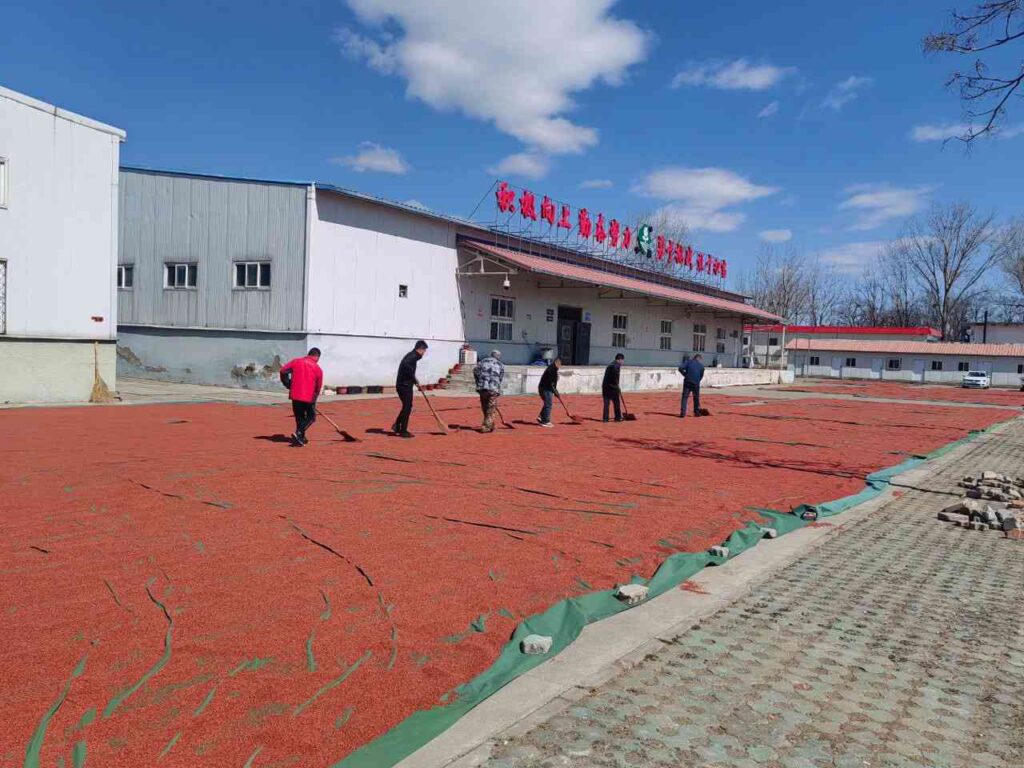
What Are Open-Pollinated (OP) Seeds?
Open-pollinated seeds are produced through natural pollination methods such as wind, insects, or birds. These seeds grow into plants that will produce seeds true to type, meaning their offspring will resemble the parent plant if properly isolated from cross-pollination.
How OP Seeds Are Produced:
- Naturally pollinated without controlled intervention
- Seed can be saved and replanted over generations
- Good for heirloom varieties and maintaining genetic diversity
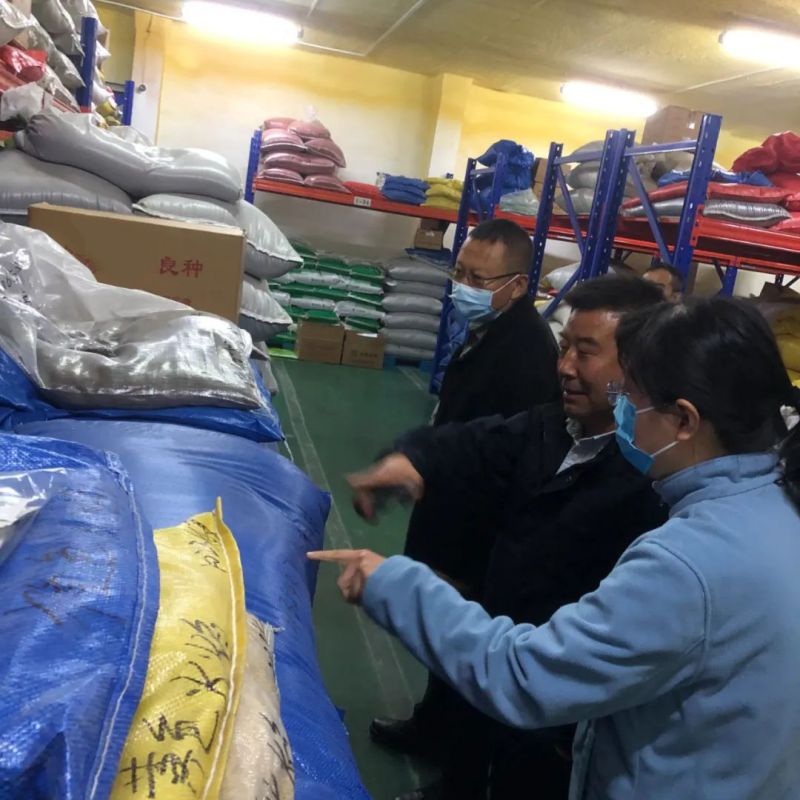
Side-by-Side Comparison Table
| Feature | Hybrid Seeds | Open-Pollinated (OP) Seeds |
|---|---|---|
| Genetic Stability | Genetically uniform (F1 generation only) | Genetically stable |
| Seed Saving | Not recommended (F2 generation is unstable) | Can save seeds year after year |
| Yield | Higher yield due to hybrid vigor | Moderate yield |
| Cost | More expensive | More affordable |
| Uniformity | Highly uniform crops | Some variability |
| Resilience | Less adaptable to diverse climates | More resilient in local conditions |
| Disease Resistance | Engineered resistance (in some varieties) | Naturally developed over generations |
| Suitability | Ideal for commercial, large-scale farms | Great for small-scale and home gardens |
| Pollination | Controlled | Natural |
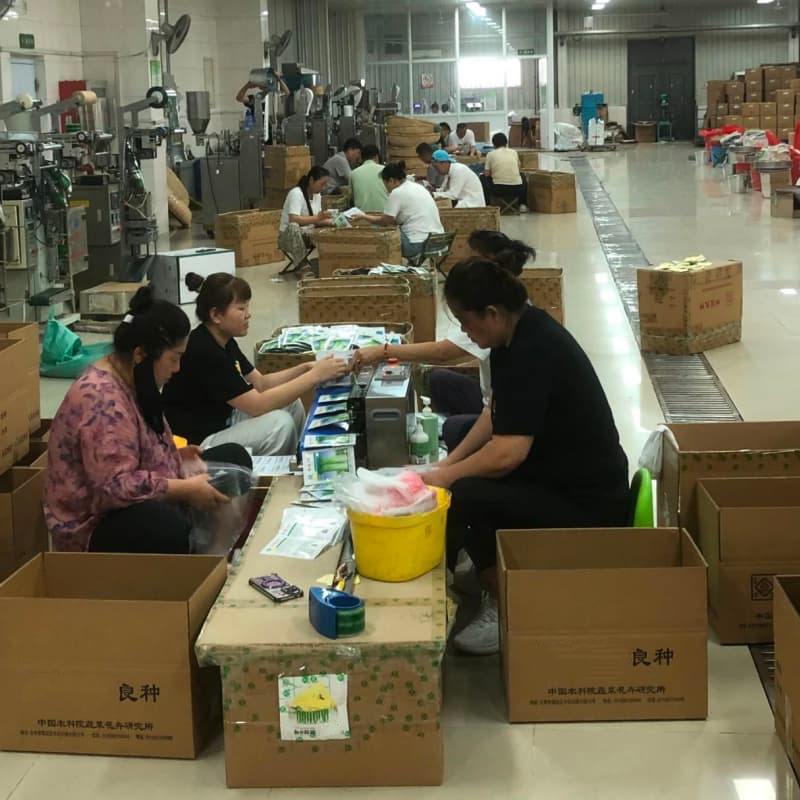
Advantages of Hybrid Seeds
1. Higher Yields
Hybrid seeds are bred to produce higher yields and more consistent results. This is especially beneficial for commercial growers who rely on maximum output per hectare.
2. Uniformity
Crops grown from hybrid seeds often mature at the same time and produce uniform fruits, making harvesting and marketing easier.
3. Disease Resistance
Many hybrid varieties are bred with resistance to specific diseases and pests, reducing the need for chemical interventions.
4. Improved Quality
Hybrid fruits and vegetables tend to have better appearance, longer shelf life, and greater market appeal.
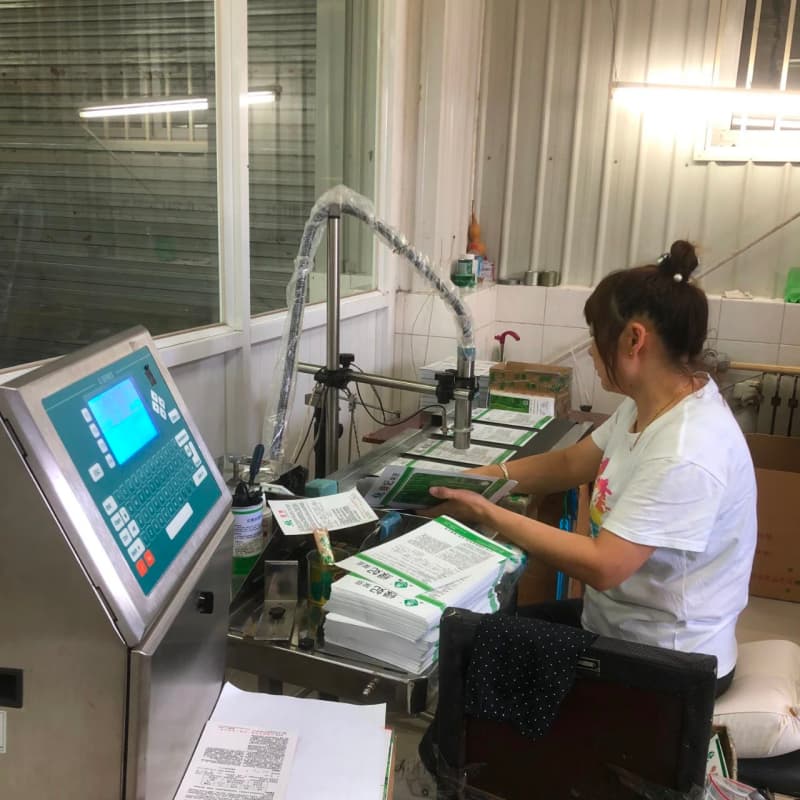
export quality seeds
Disadvantages of Hybrid Seeds
1. Seed Saving Limitations
Farmers cannot save seeds from hybrid plants for the next season, as the offspring (F2 generation) often lacks the desired traits and consistency.
2. Higher Costs
Hybrid seeds are typically more expensive due to the cost of development and controlled breeding processes.
3. Dependence on Seed Suppliers
Growers must purchase new seeds each season, creating dependence on commercial seed suppliers.

china seed company
Advantages of Open-Pollinated (OP) Seeds
1. Seed Saving
One of the greatest advantages of OP seeds is the ability to save seeds for future planting without loss of genetic quality.
2. Cost-Effective
Over time, OP seeds become more affordable, especially for small-scale growers and home gardeners.
3. Genetic Diversity
OP seeds contribute to a diverse gene pool, which helps with climate adaptability and long-term food security.
4. Local Adaptation
Over generations, OP plants can adapt to local environments, becoming more resilient to local pests, diseases, and climate conditions.
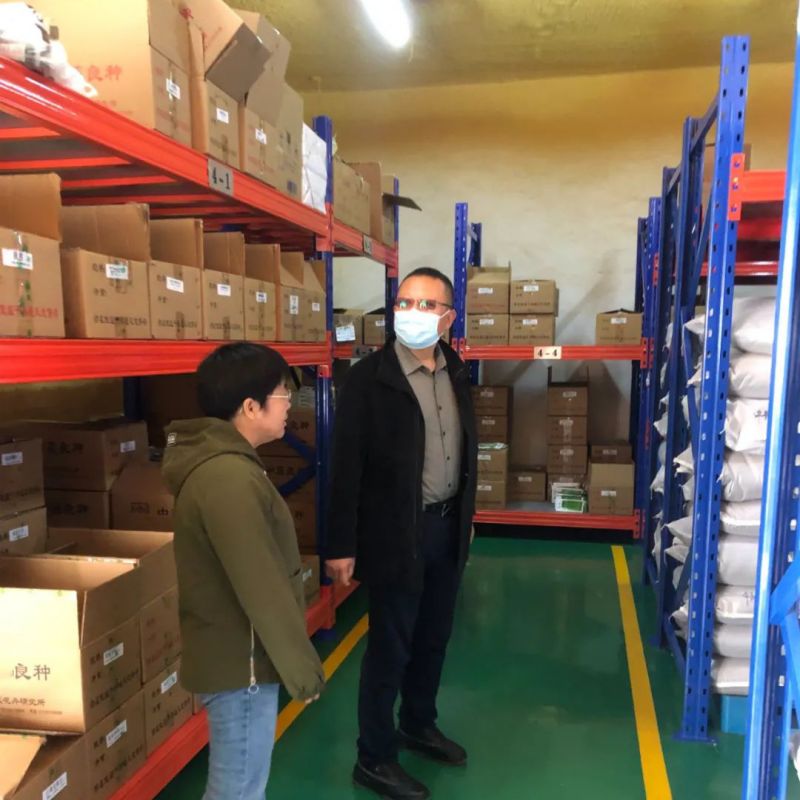
hybrid seeds vs op seeds
Disadvantages of Open-Pollinated Seeds
1. Less Uniformity
Crops may vary in size, shape, and ripening times, which can be challenging for large-scale commercial operations.
2. Lower Yields
On average, OP seeds produce lower yields than hybrids, making them less attractive for high-volume production.
3. Susceptibility to Some Diseases
OP seeds may not have the same level of engineered resistance found in hybrids.

vegetable seed supplier
Which Seed Type Is Right for You?
The choice between hybrid and OP seeds depends on your farming goals, resources, and scale.
| You Should Choose… | If You… |
|---|---|
| Hybrid Seeds | Want high yields, uniform crops, and disease resistance |
| OP Seeds | Prefer saving seeds, local adaptability, and cost-effectiveness |

farming seeds China
Tips for Making the Right Choice
- For Commercial Growers: Use hybrid seeds for consistency, yield, and market demand.
- For Seed Savers & Organic Growers: OP seeds offer long-term sustainability and independence.
- For Educational Farms: OP seeds provide an excellent opportunity to teach seed saving and biodiversity.
Sustainability Considerations
Seed selection also affects ecological sustainability. Hybrid seed production often requires more resources, while OP seeds support local adaptation and preservation of agricultural heritage. A balanced approach may include using hybrids for cash crops and OP seeds for biodiversity.

commercial hybrid seeds
Final Thoughts
Both hybrid and OP seeds have valuable roles in modern agriculture. Understanding their differences helps farmers optimize their production, save costs, and plan for a sustainable future.
Whether you’re cultivating crops in China, the Middle East, Africa, or Europe, partnering with a trusted China seeds supplier can provide the best of both worlds—high-quality hybrid seeds and reliable open-pollinated options tailored to your region.
china seeds supplier, hybrid seeds vs op seeds, open pollinated seeds, hybrid vegetable seeds, op seeds agriculture, heirloom seeds, hybrid melon seeds, hybrid tomato seeds, buy seeds online China, vegetable seed supplier, Chinese seed company, OP vs hybrid, farming seeds China, organic farming seeds, commercial hybrid seeds, export quality seeds, Chinese hybrid seed supplier, OP seed benefits, high yield seeds, best seeds for Africa
Need help choosing the right seed for your farm? Contact our team at Luteseeds – your trusted China seed supplier committed to quality, innovation, and sustainable agriculture.



